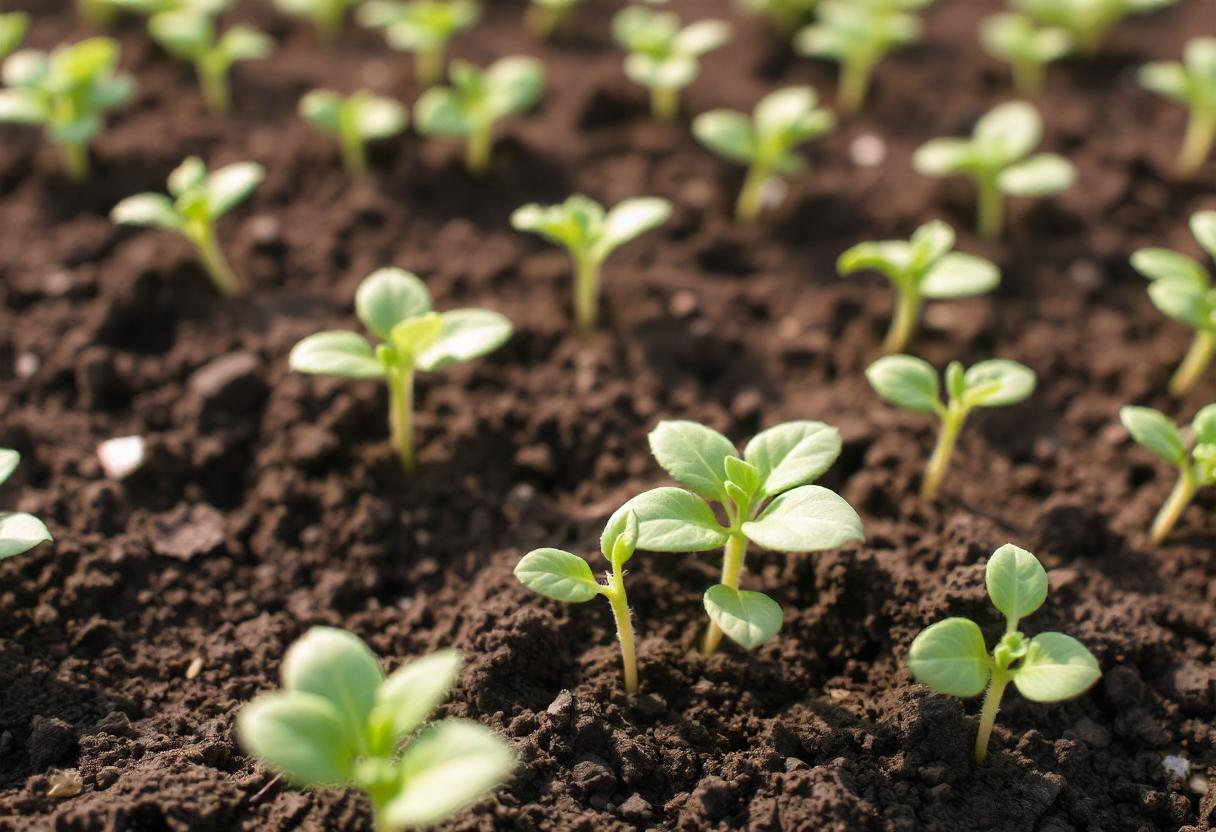
Microbial inoculants play a pivotal role in enhancing soil fertility and promoting sustainable agricultural practices. These inoculants, composed of beneficial microorganisms, help in nutrient cycling, improving plant health, and enhancing soil structure. The application of microbial inoculants in agriculture has garnered attention as farmers seek eco-friendly alternatives to chemical fertilizers.
Types of Microbial Inoculants
Microbial inoculants come in various forms, each targeting specific soil or plant functions. The most common types include:
- Nitrogen-fixing Bacteria: Rhizobia are well-known for their ability to fix atmospheric nitrogen into a form that plants can readily absorb. They establish symbiotic relationships with leguminous plants, converting nitrogen into ammonia, thus enhancing soil nitrogen levels.
- Phosphate-solubilizing Bacteria: These microorganisms release organic acids that solubilize phosphorus from insoluble compounds, making it available for plant uptake. Phosphorus is essential for root development and energy transfer in plants.
- Mycorrhizal Fungi: These fungi form associations with plant roots, extending the root system and helping plants absorb nutrients like phosphorus and water more efficiently.
- Plant Growth-Promoting Rhizobacteria (PGPR): PGPRs enhance plant growth by producing growth hormones, fixing nitrogen, solubilizing phosphate, and acting as biocontrol agents against pathogens.
Enhancing Nutrient Availability
Microbial inoculants improve soil fertility by increasing the availability of nutrients. Nitrogen-fixing bacteria convert atmospheric nitrogen into ammonium, a usable form for plants. Phosphate-solubilizing bacteria break down complex phosphorus compounds, which are otherwise unavailable to plants. By enhancing nutrient availability, microbial inoculants reduce the need for synthetic fertilizers, contributing to sustainable agriculture.
Improvement of Soil Structure
Microbial inoculants contribute to the formation of soil aggregates, improving soil structure. Mycorrhizal fungi, for example, produce glomalin, a glycoprotein that binds soil particles together, forming stable aggregates. These aggregates enhance soil aeration, water infiltration, and root penetration, leading to improved soil health and fertility. Enhanced soil structure also reduces erosion, which is a key concern in agriculture.
Disease Suppression and Plant Health
Certain microbial inoculants act as biocontrol agents, suppressing soil-borne diseases. Plant growth-promoting rhizobacteria (PGPR) can produce antibiotics, enzymes, and other metabolites that inhibit the growth of harmful pathogens. This reduces the incidence of root diseases and enhances overall plant health. Healthier plants, in turn, exhibit improved nutrient uptake, contributing to increased soil fertility.
Contribution to Organic Farming
Microbial inoculants play a crucial role in organic farming systems. Since organic farming avoids the use of synthetic fertilizers and pesticides, microbial inoculants become essential for maintaining soil fertility and plant health. They provide a natural and effective way to improve nutrient cycling and enhance soil biological activity, making them a valuable tool for organic farmers.
Environmental Benefits
The use of microbial inoculants contributes to environmental sustainability by reducing the reliance on chemical fertilizers, which can lead to nutrient runoff and pollution of water bodies. By promoting natural nutrient cycling, microbial inoculants help minimize the environmental impact of agriculture. Additionally, they help sequester carbon in the soil, contributing to climate change mitigation efforts.